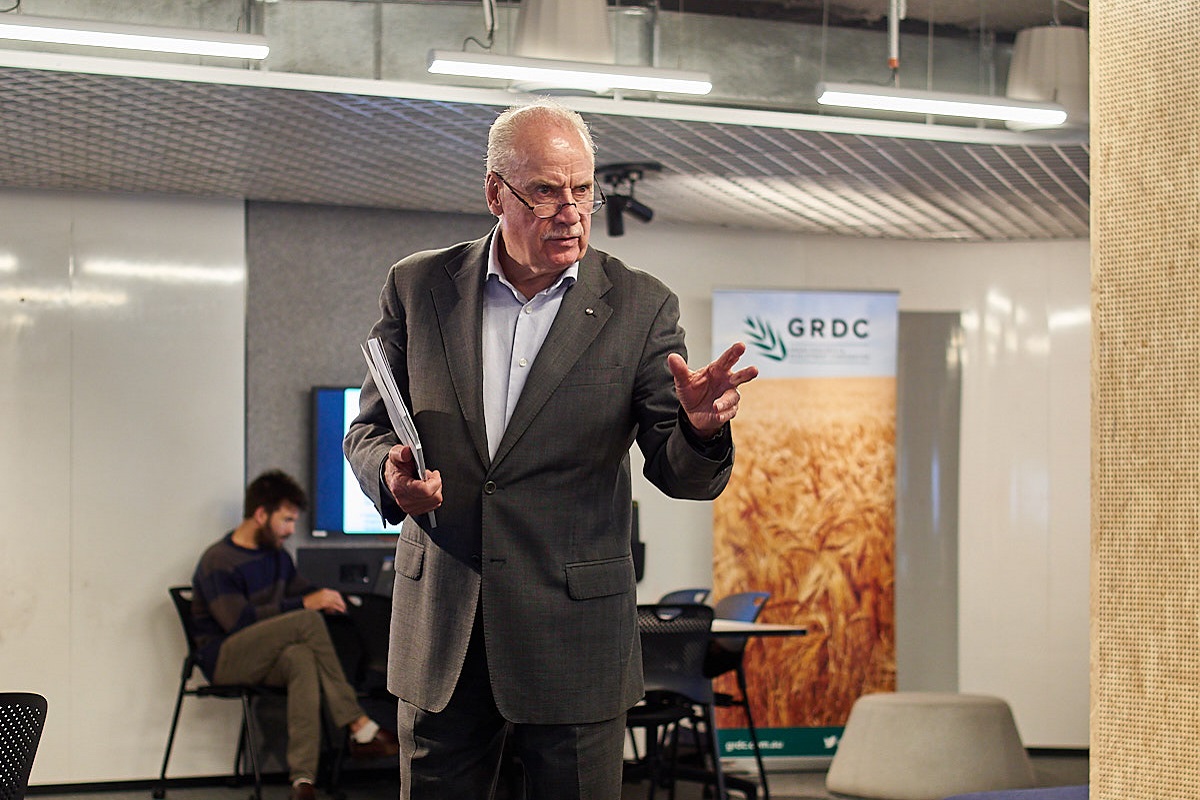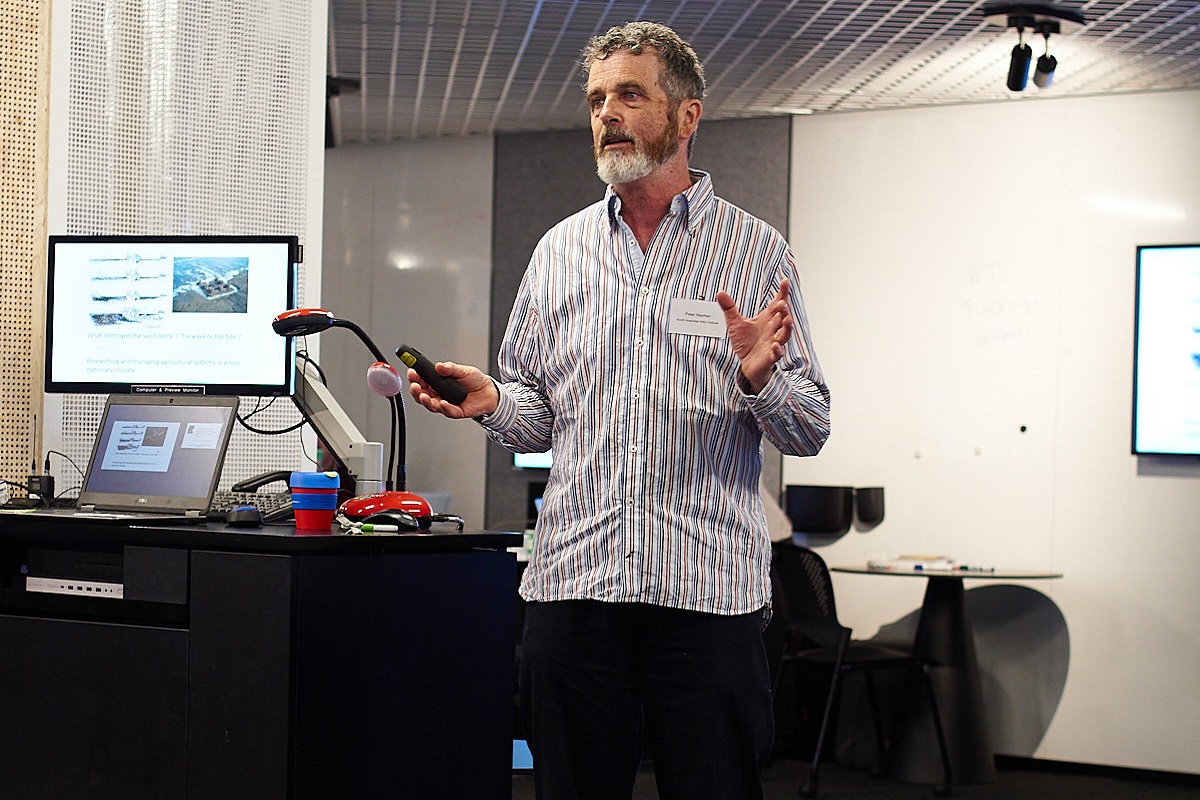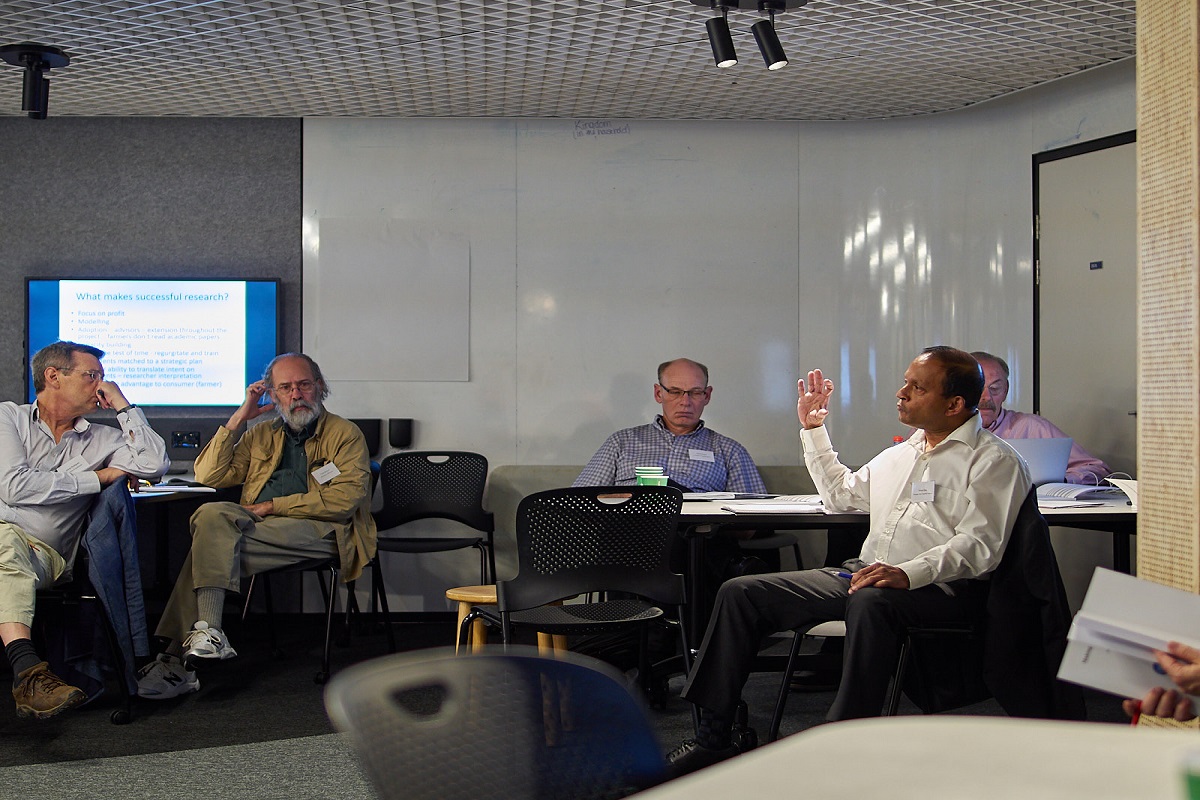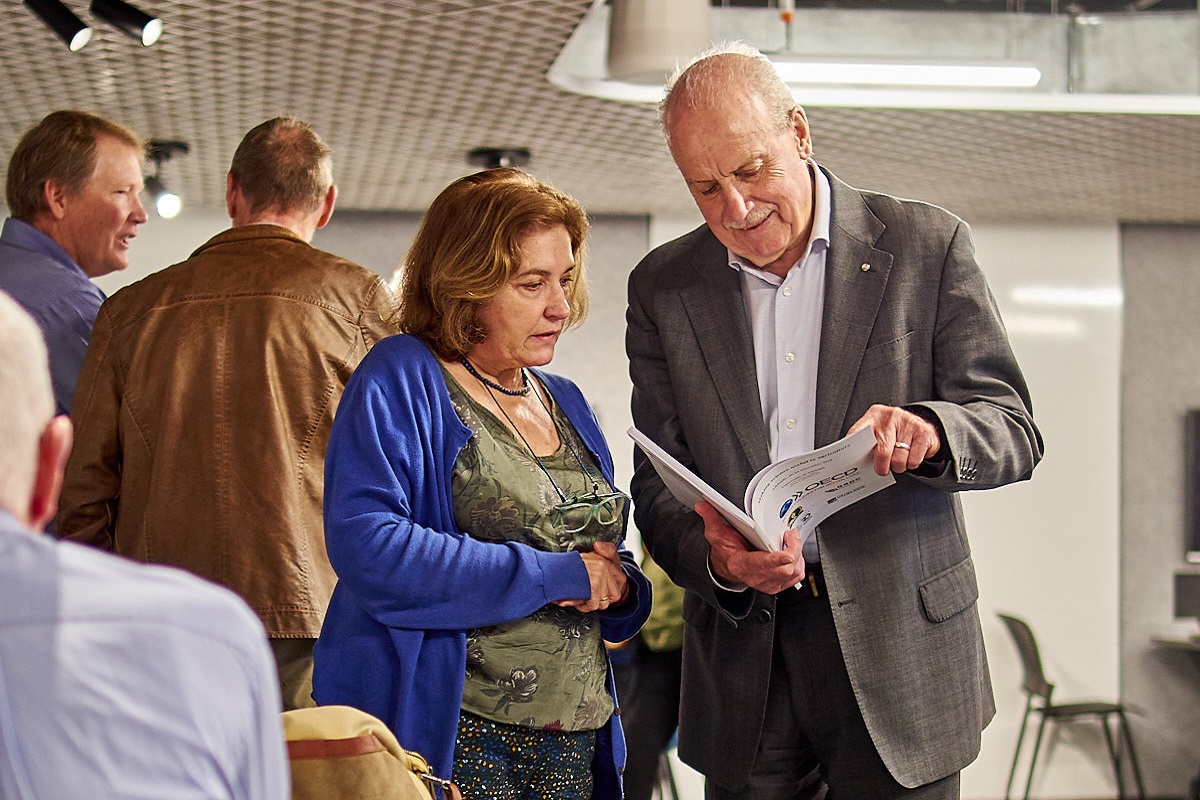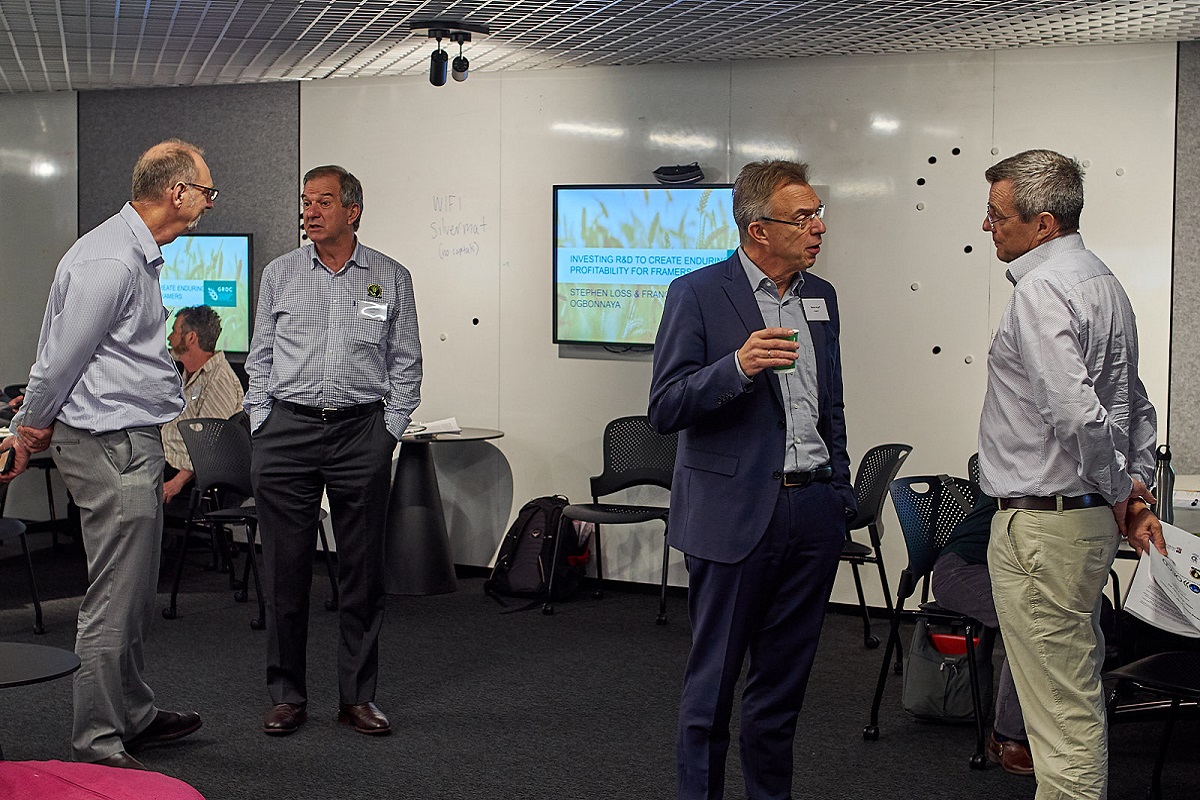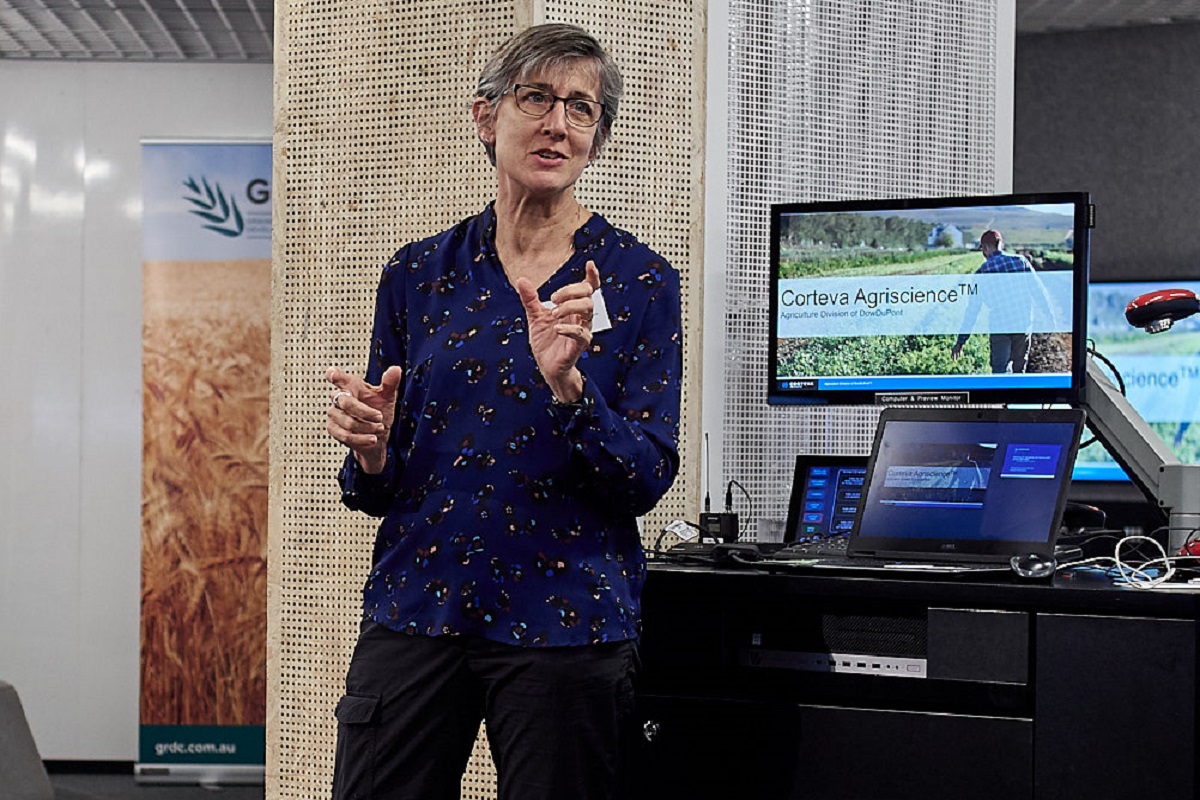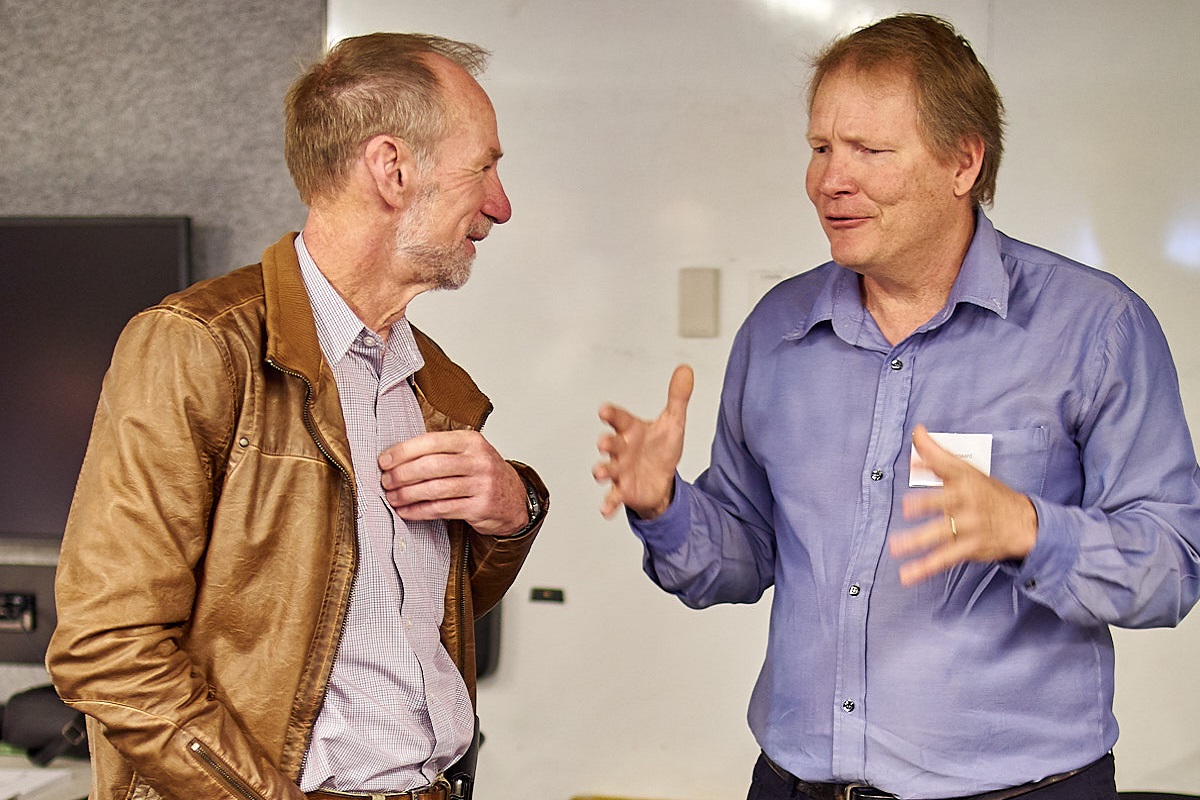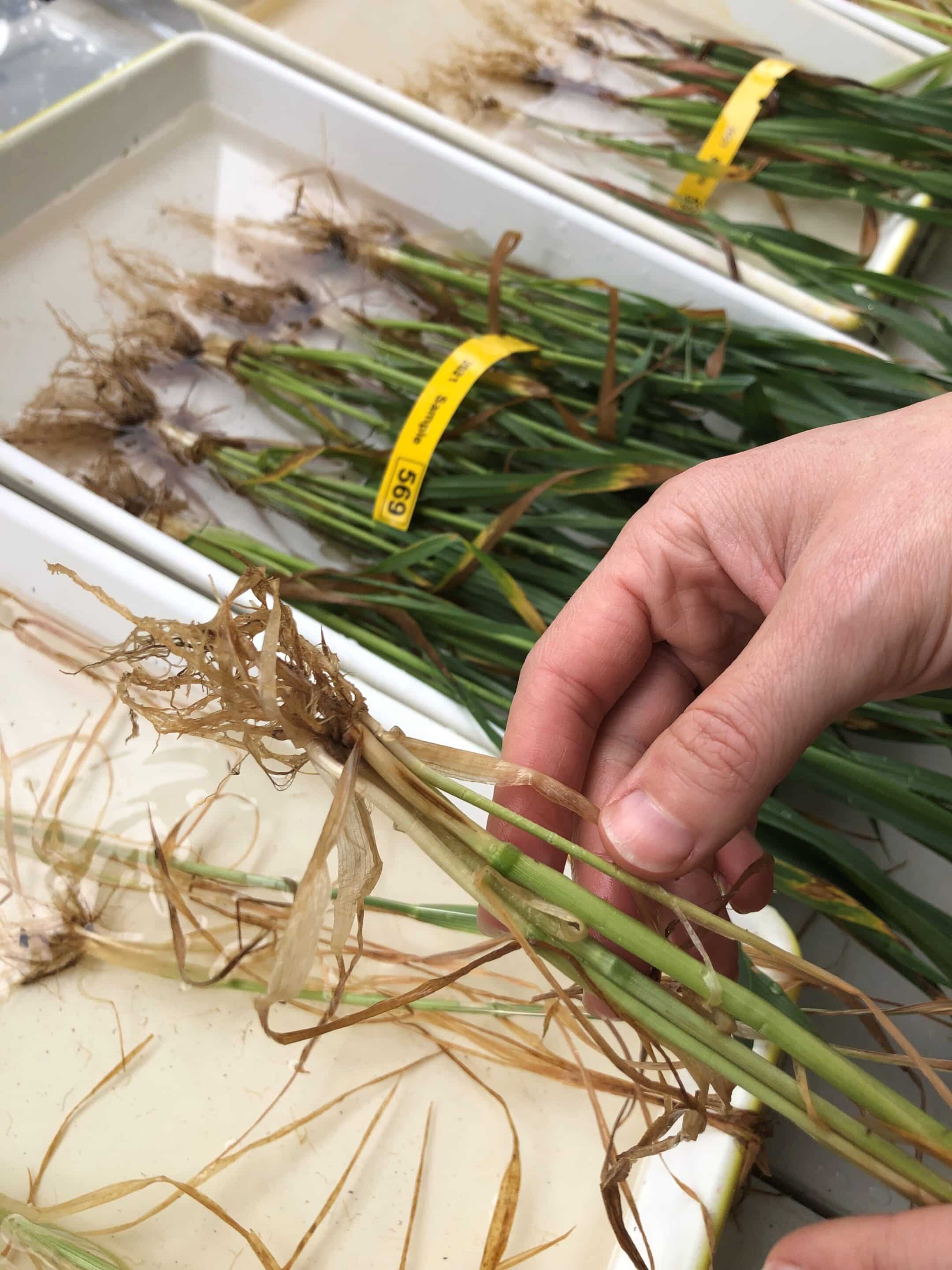START
FINISH
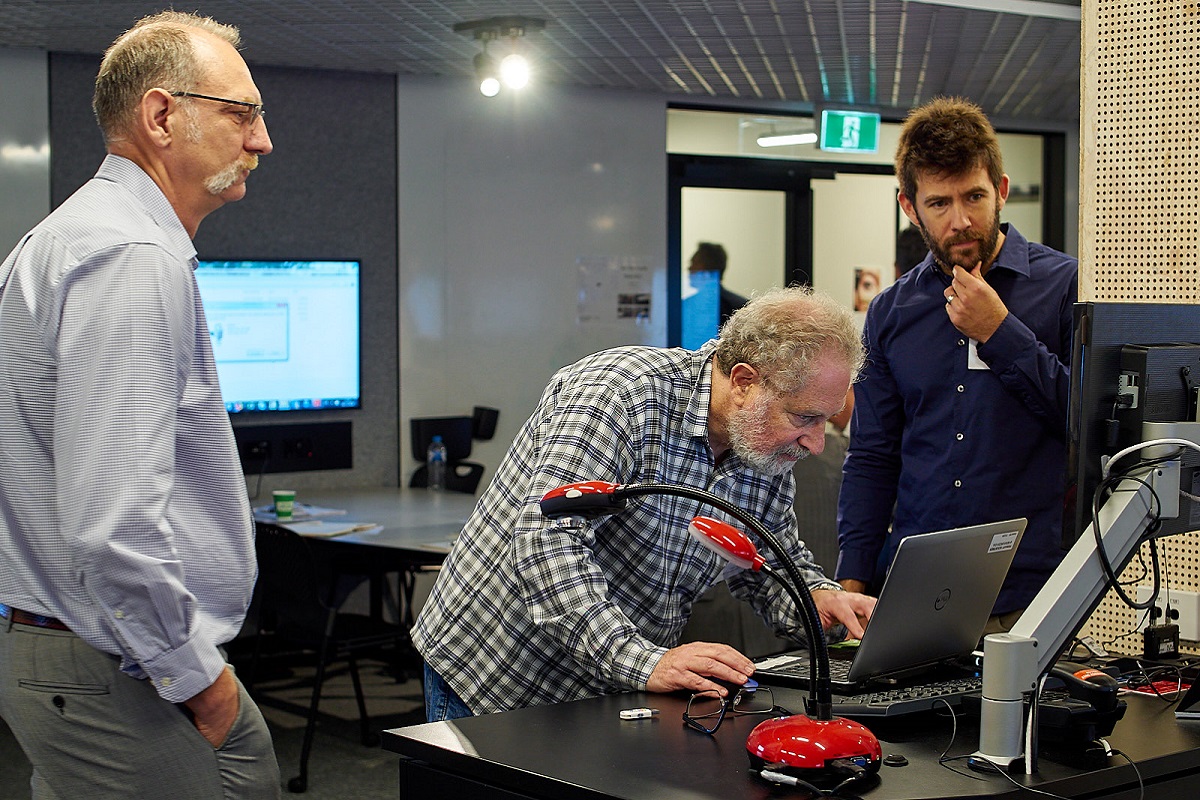
Summary
A three-day meeting was held in Adelaide in November 2018, with 30 participants sharing papers focused on agricultural research and development and how to allocate scarce resources more effectively (day 1), sciences supporting plant breeding (day 2) and agronomy (day 3).
There were many international and local participants with expertise ranging from molecular biology to agricultural economics.
The project aimed to achieve higher return per dollar invested in agricultural research and development by sparking discussion about the economic and scientific criteria for profitable investment.
Background
Significant increases in agricultural research and development are needed to meet challenges currently faced by global agriculture, including growing demand for healthy, nutritious, affordable food while providing for farmers’ income and welfare, protecting the environment and responding to climate change.
Despite this need, investment in agriculture research and development is stagnant, and in some cases declining, in real terms, particularly in high-income countries like the United States and Australia.
There have also been concerns raised about the effectiveness and economic efficiency of resource use and management when it comes to the allocation of funds to projects and programs with highest potential payoffs.
Other concerns include the opportunity costs of scientists’ time, morale and other resources that are spent in applying for and managing funds and meeting reporting requirements. There is also a perceived erosion of scientific expertise in core disciplines including crop science and ecology.
Research Aims
The core objectives of this project were to:
• Achieve higher return per dollar invested in research and development, and reduce the risk of failed investment
• Bring together national and international researchers, funding body representatives, educators, science managers and policy makers to discuss economic criteria for the profitable investment of limited funding in research and development and the scientific criteria for the profitable investment in agronomy and plant breeding
In The Field
A successful meeting was held in Adelaide, with 30 participants from across the world attending. Those attendees had a vast range of expertise, from molecular biology to agricultural economics.
The meeting outlined the economic rationale for government involvement in supporting agricultural research and development and in facilitating private agricultural research and development and public-private partnerships.
The impact of science and technology, with emphasis on genetic improvement and agronomy was discussed and emphasised.
During the presentation of the papers a pattern emerged, with issues related to trade-offs, biological and agronomic context, reductionism and oversimplification consistently arising whether it be in respect to scale and discipline, molecular to global, crop improvement to water and nutrient management. It was thought these issues were contributing to compromising returns on investment.
Results
It was concluded at the end of the meeting that there is an urgent need to increase resources for agricultural research and development and to halt the concerning trend of erosion in core scientific expertise.
There were three high-level propositions which were advanced as a result of the workshop which were:
– Multiple perspective would reduce the likelihood of misconstrued science and improve the return on research and development
– Explicit pathways to agronomic applications and reality checks would increase the likelihood of real-world impact, so research proposals should articulate how the outputs would benefit the current industry
– Rigour in claims of utility is important for both funding bodies and science journals and it could be improved by an expanded definition of peer to assess not only the quality of science, but the claims of relevance
As well as these high-level propositions, there is the possibility of holding a GRDC-sponsored follow up workshop with a narrower focus on Australian agriculture.
Project Participants
SARDI: Professor Victor Sadras
The Problem
Stagnation or decline in public investment in agriculture research and development, especially high-income countries like the United States and Australia, as well as concerns about the effectiveness and efficiency of use of resources
The research
A workshop was held to outline propositions for improved focus on agriculture research and development investment and to demonstrate the impact of science and technology with emphasis on genetic improvement and agronomy.
More information
Professor Victor Sadras, SARDI
T: 08 8303 9661 M: 0428 100 275
E: [email protected]
Value for Growers
The PowerPoint presentations and papers used at the workshop are available online at https://msua.aweb.net.au/ and an article stemming from the event was published in GRDC’s GroundCover.
Latest Research Projects

